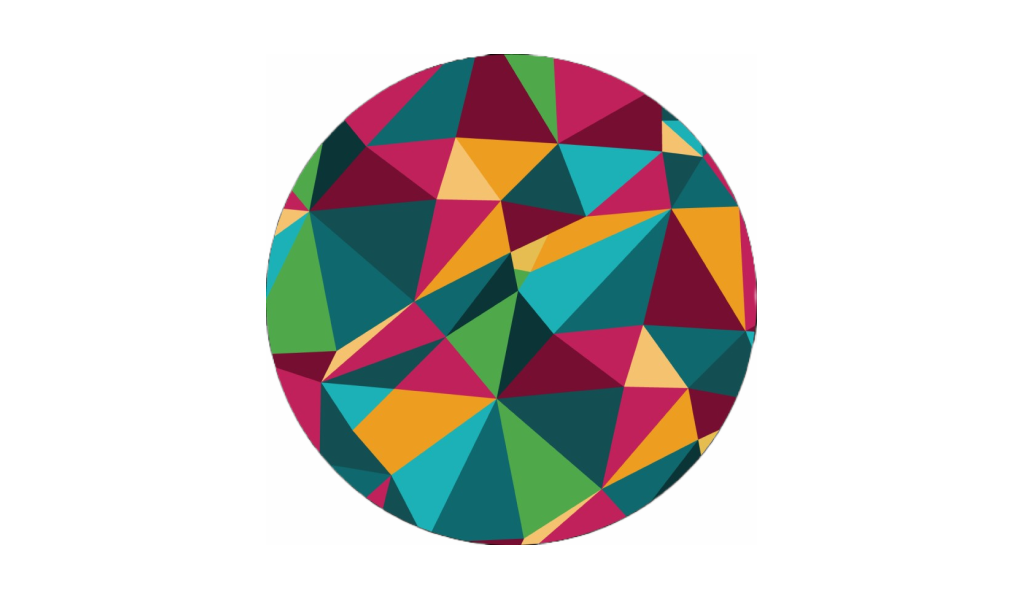Project
Maximizing Options to Advance Informed Choice for HIV Prevention (MOSAIC)

Launched in 2021, MOSAIC, short for Maximizing Options to Advance Informed Choice for HIV Prevention, is an $85 million five-year global project. It is funded through the generous support of the American people through the US President’s Emergency Plan for AIDS Relief (PEPFAR) and the US Agency for International Development (USAID). The project focuses on HIV prevention for adolescent girls, young women, and other women by accelerating introduction and scale-up of new and emerging biomedical prevention products.
Choice Matters
Adolescent girls and young women (AGYW) and other women continue to account for more than half of the number of people living with HIV worldwide. As new PrEP options become available, women in all their diversity should be presented with their choice of methods to prevent HIV.
What MOSAIC Means for Women
MOSAIC works in Botswana, Eswatini, Kenya, Lesotho, Namibia, Nigeria, South Africa, Uganda, Zambia and Zimbabwe to support health systems to better provide adolescent girls and young women (AGYW) with access to multiple effective PrEP products that meet their changing needs and desires. MOSAIC initiatives advance and promote informed choice and its integration in policies and programs.
Project Objectives
- Focus on the needs and preferences of women
- Gather research and evidence on connecting people to products that work for them
- Work closely with regulators and policymakers to expedite the rollout of products
- Advocate for the rapid integration of products into national programs
- Strengthen local partnerships to promote product introduction
The Catalyst Study
Catalyzing Access to New Prevention Products to Stop HIV (CATALYST) is MOSAIC’s flagship study on product introduction in Kenya, Lesotho, South Africa, Uganda and Zimbabwe.
The project offers a choice of:
- Oral pre-exposure prophylaxis (oral PrEP),
- The dapivirine ring (DVR or the ring), and
- Injectable long-acting cabotegravir (CAB for PrEP)
Partners
The MOSAIC consortium is led by FHI 360 along with core partners Wits Reproductive Health and HIV Institute (Wits RHI), Pangaea Zimbabwe AIDS Trust (PZAT), LVCT Health, Jhpiego and AVAC. The work is also supported by technical partners from Afton Bloom, Avenir Health, Columbia University, Mann Global Health, RTI International, the University of Pittsburgh and the University of Washington.